
Why Gamers Aren't "Entitled" - Article
by VGChartz Staff , posted on 29 March 2014 / 7,528 ViewsWe've all gone through it: the joy and excitement that your childhood love will be reimagined in a new age, with a developer saying it's going to be fantastic and a publisher that seems keen on chucking a lot of money in the developer’s direction to make it right. We've all been through the pain and sorrow when you get to play this game, only to realise it's a hollow shell of what was once the highlight of your life.
This is all too common in the games industry, with developers and publishers wanting to cash-in on the nostalgia we all feel for our past, when we had more time, and memories have a certain “gleam" to them. Unfortunately this isn't going to go away anytime soon.
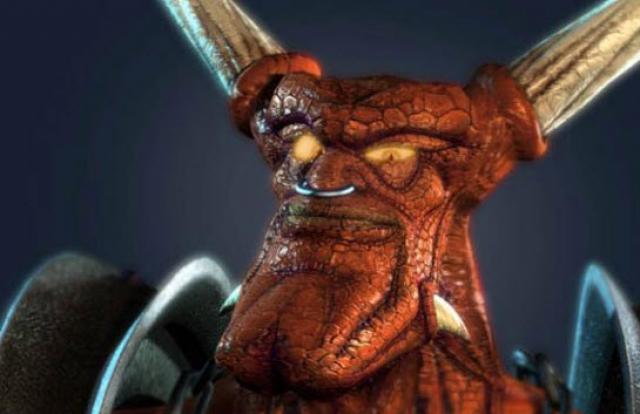
Take for example the recent controversy over Dungeon Keeper’s iOS debut. EA took a big brand, that has hundreds of thousands of fans from yesteryear, and reimagined it for iOS. It was made for the F2P market, one where every two seconds you're reminded that you can hand over some money in order to progress or wait 24 hours for your next move.
EA wanted in to this market, so much so that they were willing to sacrifice an IP in order to make it happen. You can imagine the scenario as to how Dungeon Keeper came about. EA's suits decide that they need to make a new free-to-play game on iOS, and to make sure it's successful. Why not use one of the plethora of mascots and franchises they have at their disposal through past acquisitions? "Dungeon Keeper would be a fantastic game to monetize!" they say, as they realise they could charge customers just to break blocks, the core mechanic of the game. "If they don't cough up the money, they'll have to wait 24 hours to destroy another block! It's genius, they'll lap this up since they've been waiting for a sequel for years now".
If Dungeon Keeper iOS was made without the Dungeon Keeper branding (i.e. given a new, original name) it would have been an entirely different story. I’ve heard and read many journalists saying that, as it stands, it’s a fairly average F2P game, but the Dungeon Keeper brand brought with it pre-conceived notions of what to expect from the game.
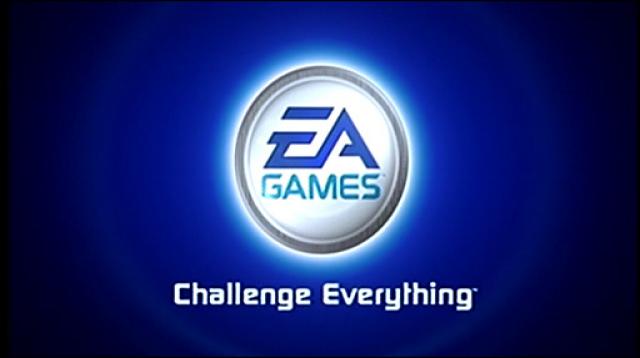
EA won worst company in America two years in a row for a reason. Gamers aren't entitled; we don't expect the world to be given to us on a plate and for our every wish to be granted when it comes to the franchises we love. There are certainly worse companies out there in the world, no-one can deny the unpopularity of oil companies or banks, but there's a difference: choice.
With petrol, for example, you may be annoyed at the cost going up, but in order to make do you have to pay up. The same can be said for the banking system, or any other sector that's considered a necessary evil. The difference here is that gaming is something we gamers choose to do. In choosing to engage with this medium, we inherently feel a passion for it, as it’s something we go out of our way to do. We aren’t forced to play, in any capacity, but we choose to do so; it’s what makes us who we are.
So when a game is released that strips away a series' unique identity - that harms everything that originally resonated with us about it - we cry foul, as it’s blindingly obvious the company has done it purely for the money, not to better the series they helped create. Yes, some gamers and commentators are a bit radical or over the top in their protests against changes to series they hold dear, but in their minds and hearts it’s justified, just as I am now saying it’s justifiable that anyone should feel upset about something negative happening to their favourite franchises.
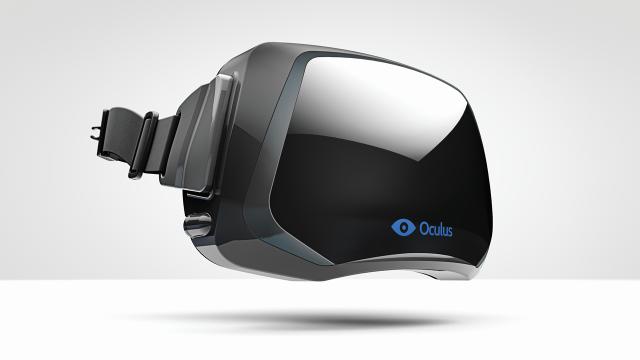
Games help to define who we are and where we came from. They aren’t only a product to be sold to consumers, but a way of life for many, just like the clothes you wear or the movies you watch. The games you play are the sum total of who you are as a person; they define you because they are a choice. Developers and publishers should remember this when whoring creations out for short term monetary gain.
So when mainstream media or journalists online call you an entitled brat for complaining about a buy-out (like the recent Oculus Rift Facebook buy-out controversy), remember this: that game or company you love is as much a part of your past and history as it is theirs - voice your concern, and don’t ever let someone put you down for loving the hobby you choose to participate in, because if it wasn’t for you, these games wouldn’t exist.








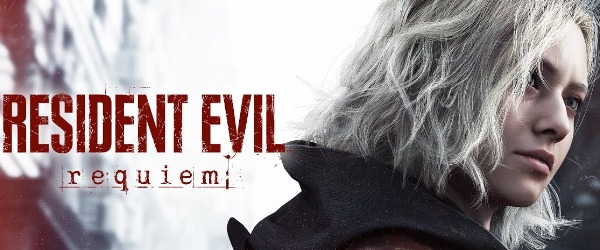
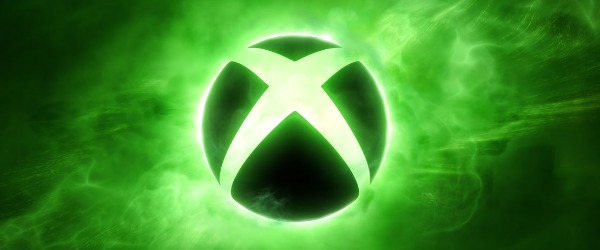
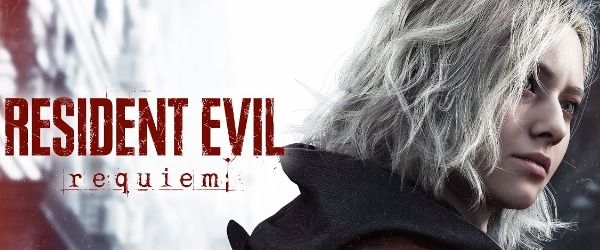
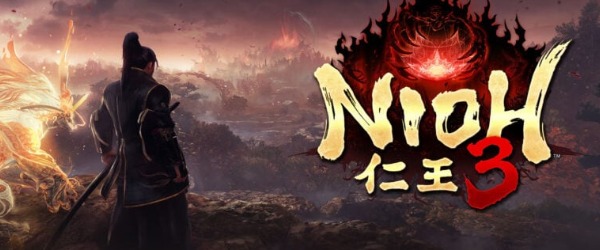










 Essay Pro
Essay Pro